
Dr. Sangram s. sisodia
Thomas Reynolds Sr. Family Professor of Neurosciences
The University of Chicago
Center for Molecular Neurobiology 5812 S Ellis Ave
Chicago, IL 60637
Email: ssisodia@bsd.uchicago.edu
Phone: (773) 834-9186
Fax: (773) 702-3774
Alzheimer’s disease (AD), a prevalent, adult-onset, neurodegenerative disease, is clinically characterized by progressive impairments in cognition and memory. These clinical features are accompanied by characteristic histological changes in the brain, including neuronal loss, extracellular deposition of fibrillogenic Ab peptides in senile plaques and intracellular neurofibrillary tangles. The principal risk factors for AD are age and inheritance of mutant genes, or polymorphic alleles that predispose individuals to late-onset disease.
Over the past 20 years, my laboratory has focused on examining the cellular and molecular biology of the b-amyloid precursor protein (APP), or presenilins (PS1 and PS2), molecules that are mutated in pedigrees with autosomal dominant, familial forms of Alzheimer’s disease (FAD). The function(s) of APP in the central nervous system (CNS) are still not fully understood, but we have demonstrated that APP is subject to rapid anterograde axonal transport and subject to proteolytic processing at, or near, terminal fields. In collaboration with Robert Malinow at UCSD, we have also shown that synaptic activity modulates APP processing and Ab production, and that both axonal and dendritic release of these peptides alter spine dynamics and glutamatergic neurotransmission. Our current efforts are focused on clarifying the dynamics and regulation of APP trafficking and processing cultured neurons and hippocampal slices using recombinant lentiviral-driven APP-GFP chimeras and live cell imaging approaches. In order to assess the normal function of PS, we have used gene targeting strategies; PS1-deficient animals die in late embryogenesis due to defective Notch signaling that is in large part, the result of failed intramembranous, “g-secretase” processing of a membrane-bound Notch substrates. This “g-secretase” activity is also responsible for liberating Ab peptides from membrane-bound APP derivatives. We, and others, have provided genetic and biochemical evidence has revealed that PS associates with nicastrin (NCT), APH-1 and PEN-2 in high molecular weight complexes, and our current efforts are aimed at understanding the temporal assembly of these membrane proteins, the nature of subunit interactions and the enzymatic mechanism(s) by which the complex promotes “g-secretase” processing of Notch, APP and other type 1 membrane proteins.
A significant effort of our laboratory has been to develop and characterize transgenic animals that express FAD-linked variants of PS1 and APP to clarify the underlying biochemical and pathophysiological alterations that cause AD. We have exploited these animals, as well as animals in which we have conditionally inactivated PS, to clarify issues relevant to axonal trafficking of membrane proteins, neurodegeneration, neuronal vulnerability, gene expression and APP/Ab metabolism. A significant effort in our laboratory is focused on understanding the cell non-autonomous effects of FAD-linked mutant PS1 expression on hippocampal neurogenesis. Our future studies will focus heavily on the mechanisms that are responsible for the observed effects using temporal and system-specific conditional gene inactivation approaches. Extending our demonstration that enriched environments and exercise modulates Ab metabolism and deposition in vivo, our ongoing efforts are focused on the role of polypeptides encoded by genes that are selectively regulated in these settings. Finally, we have been exploring the impact of the microbiome in modulation of amyloid deposition in mouse models of AD.
In summary, my research program is designed to integrate genetic, neurobiologic, molecular and cellular information to clarify the normal biology of APP and PS and the mechanisms by which mutant genes cause AD. The value of animal models that recapitulate some features of the human disease have, and will be of enormous value for addressing issues relevant to the selective vulnerability of specific CNS systems, the pathophysiological sequelae and ultimately, will provide opportunities to explore mechanism-based therapeutic strategies.

Dr. Xulun Zhang
Research professional
My current research projects focus on the roles of g-secretase in the onset and progression of Alzheimer’s disease (AD), cancer and the skin disease acne inversa (AI). g-secretase is a four-subunit enzyme complex, which catalyzes intramembrane cleavage of a wide spectrum of membrane-bound substrates, including the amyloid precursor protein (APP) and the Notch receptors. g-secretase-mediated processing of APP generates Ab peptides that play a central role in the pathogenesis of Alzheimer’s disease (AD), while intramembranous cleavage of Notch is essential for modulating cell lineage determination, proliferation, development and the pathogenesis of cancers and other diseases, such as AI.
My ongoing research projects include: (1) Analysis of a familial form of APP mutation in a transgenic model. (2) Identification of the interacting proteins of nicastrin, the largest subunit of g-secretase. (3) Analysis of the trafficking of g-secretase complex in live cells.



Dr. Hemraj B. Dodiya
Postdoctoral Scholar
Research: I am interested in the microbiota-gut-brain axis and its role in aging and neurodegenerative disorders. Currently, I am working on the projects that look at the changes in the intestinal microbiome and its impact on the peripheral (mainly enteric) and central nervous system in Alzheimer’s disease.
Experience: My previous training involves viral vector-delivered gene therapy, stem cell therapy and microbiota-gut-brain axis research in the Parkinson’s disease and Huntington’s disease. I also investigated the status of pro-inflammatory enteric milieu in Multiple System Atrophy (MSA) patients and HIV and alcoholism rodent models.
Interests/Hobbies: Besides research, I spend quality time with my family and friends. My wife and I love going on road trips exploring the United States every year. My interests are hiking, biking and photography (especially nature). I also spend time in community activities such as fundraising/educational events for Chicago Professionals of Parkinson’s disease (affiliated with Michael J. Fox Foundation) and PD support groups.

Dr. Sylvia Ortega-Martinez
Postdoctoral Scholar
My main interest is Adult Hippocampal Neurogenesis, as a key target in brain plasticity. Especially, I am captivated to elucidate the function of Neurogenesis in neurodegenerative and psychiatric diseases. My previous research studies aimed at understanding in Neurogenesis related with stress, anxiety and depression, using transgenic mice models. I was the recipient of a prestigious Spanish grant (FPU Grant) achieving my International PhD in Neuroscience. Posteriorly, I was granted with one of the most challenging Grants for Postdoctoral research (Marie Curie). My scientific aspiration always has been to contribute in the understanding of Alzheimer’s disease (AD). My dream comes true at Sisodia´s lab, where my research focuses in the role of Hippocampal Neurogenesis in AD. Outside the lab I love to travel, explore new cultures, and to keep smiling as a way to increase my brain plasticity! My choice is to learn something new every day, and enjoy it with the best sense of humor.
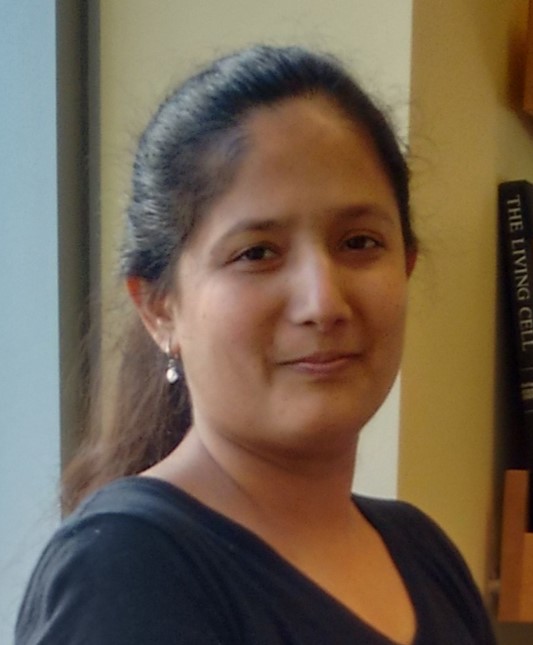
Dr. Shabana Shaik
Postdoctoral Scholar
My fascination for RNA world inspired me to address the influence of RNA tertiary structure on gene regulation for my doctoral studies and achieved my PhD in bio-chemistry from The University of Chicago. To leverage my expertise on RNA methodologies I have joined Sisodia lab as a post-doctoral researcher. Here, I would like to investigate the influence of gut microbiome in modulating microglial function in neurodegeneration in murine Alzheimer’s model by assessing the microglial RNA networks. Outside of research I love reading, cooking (gut health !!!) and mentoring.
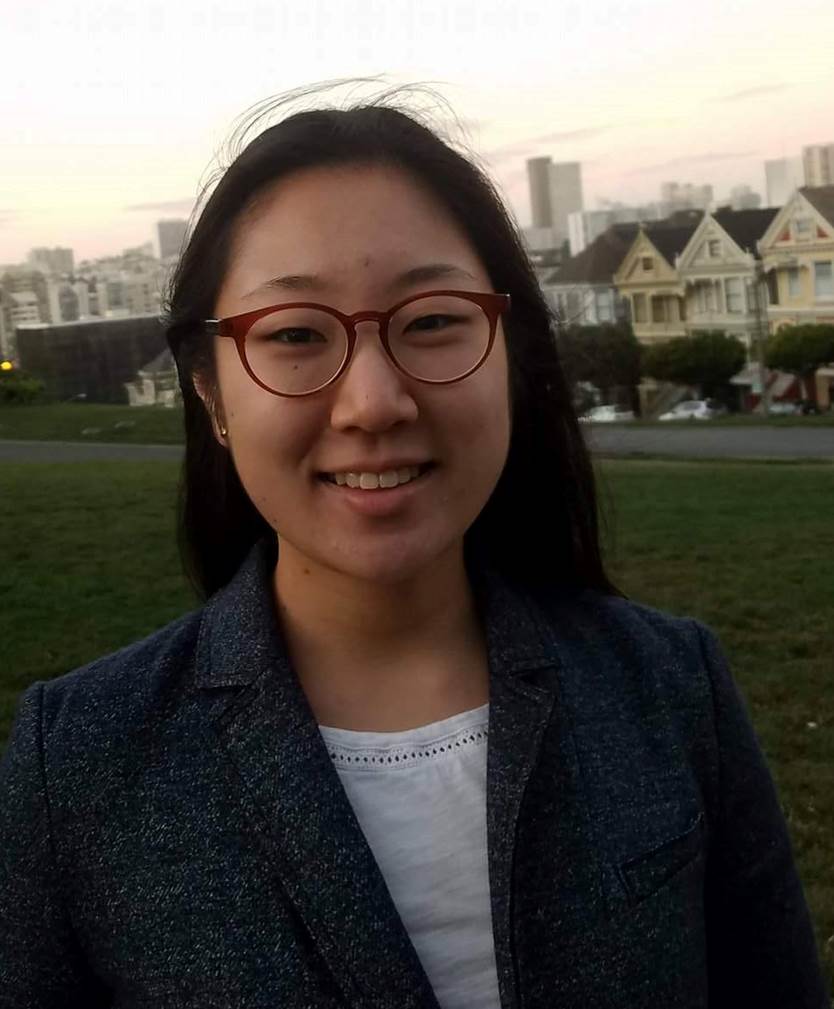
Marina Han
Undergraduate student
Marina is a fourth-year neuroscience major in the College. Interested in sex differences in Alzheimer’s pathology and the gut-brain axis, she began working in the Sisodia lab in January 2017. Over the past two summers, Marina completed research internships in behavioral neuroscience and neurodevelopment in Buffalo, NY, and Seattle, WA. She plans to apply to MD-PhD programs after graduation and will continue to pursue biomedical research.

Nisha Palla
Undergraduate student
Nisha is a third year undergraduate at the University of Chicago majoring in neuroscience! In the Sisodia Lab, she works alongside Sylvia studying hippocampal neurogenesis in Alzheimer’s Disease. Outside of the lab, she is involved in volunteering in Chicago Public Schools and enjoys drawing and painting. She is very happy to be part of an amazing lab!
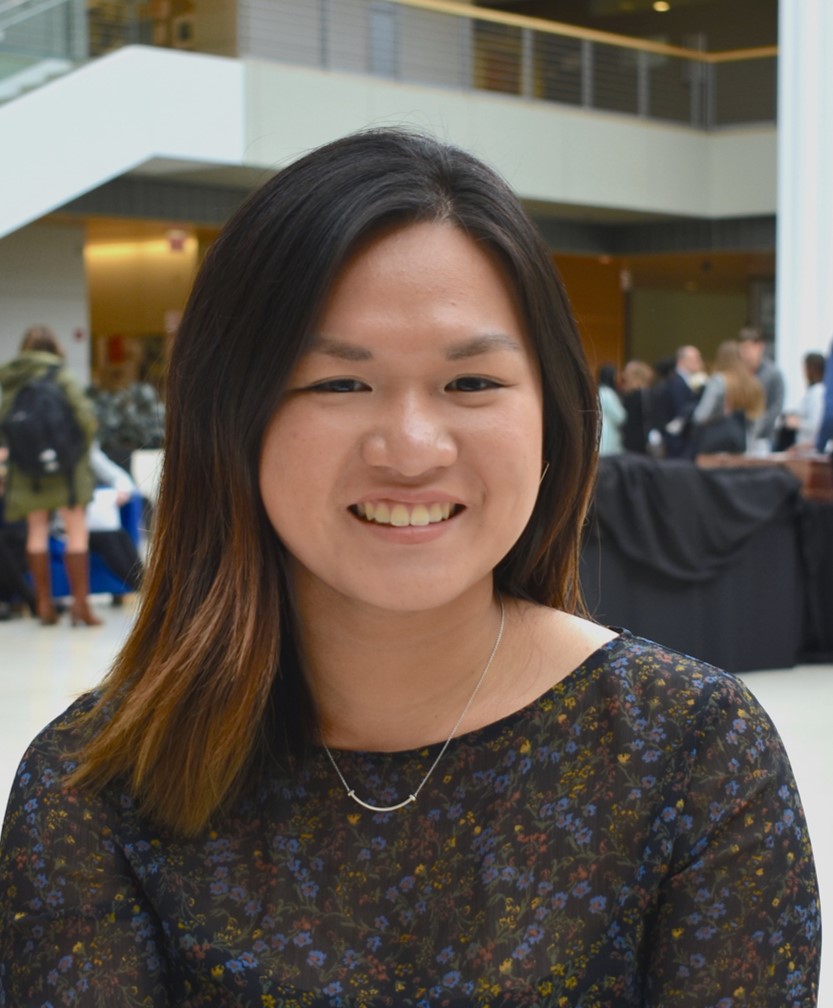
Danielle Lee
Undergraduate student
Danielle Lee is currently a second-year undergraduate student at the University of Chicago studying neuroscience, with plans to pursue medical school. She is excited to be a part of the lab as a research assistant, studying the role of the gut-brain axis in Alzheimer’s Disease. In the past, she has been involved in research on essential tremor and Parkinson’s Disease. Outside of the lab, Danielle is an avid knitter, embroiderer, gardener, and cello player.
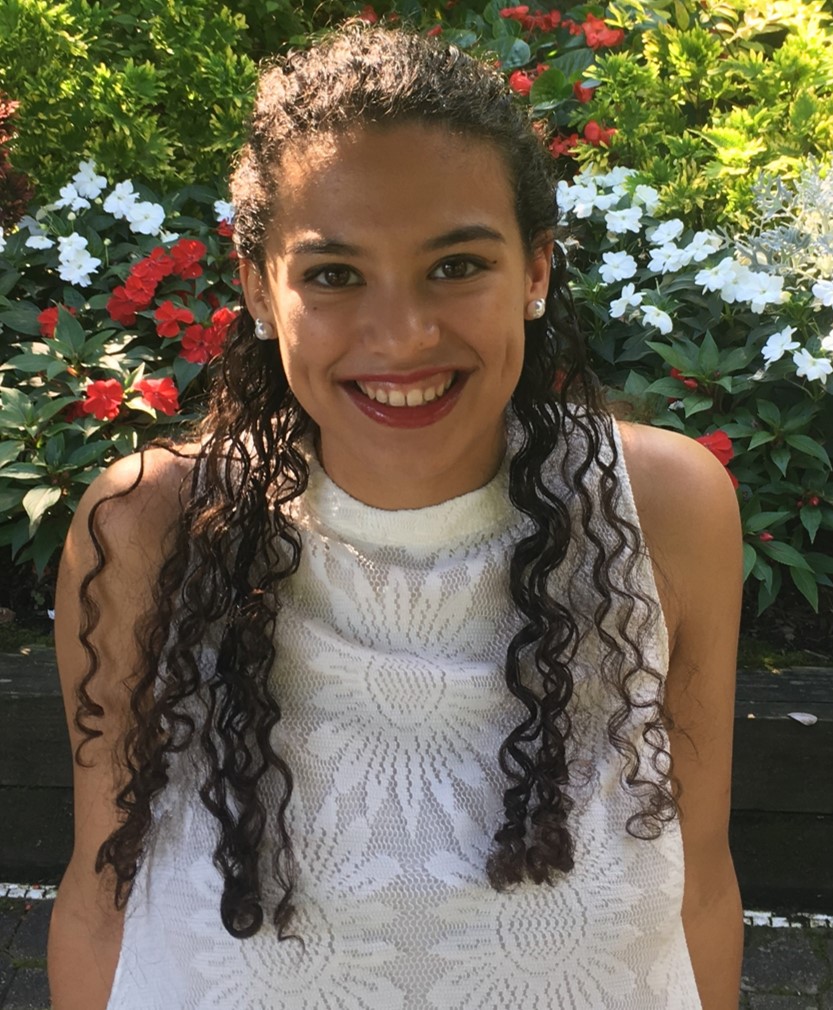
Denisse Morales
Undergraduate student
My name is Denisse Morales and I’m from Cincinnati, Ohio. I am currently a first year in my undergraduate studies at the University of Chicago where I am pursuing a major in neuroscience. Outside of my classes and working in the lab, I play the violin with the UChicago Symphony Orchestra and the UChicago Chamber Music Program. I am also involved in Phoenix Biology, Women in Science, and Woodward House Council.
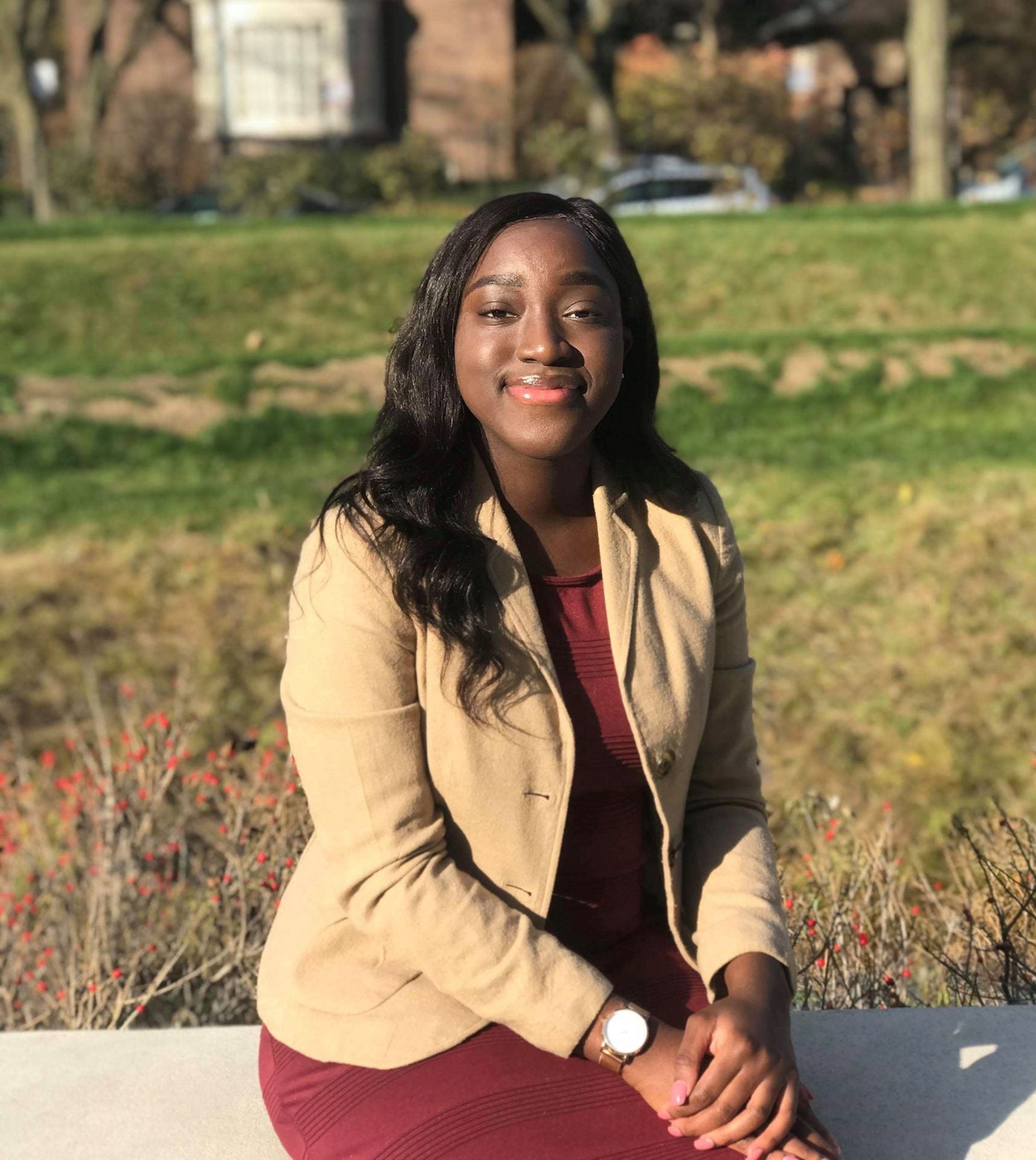
Joy Oshomuvwe
Undergraduate student
Joy Oshomuvwe is currently a second-year undergraduate student at the University of Chicago studying neuroscience, with plans to pursue medical school. She is excited to be a part of the lab as a research assistant, studying the role of the gut-brain axis in Alzheimer’s Disease alongside Hemraj. Outside of the lab, she is an avid tennis player and is involved in SNMA-MAPs, volunteering with Chicago Public Schools mentoring young kids and has a passion for global health.
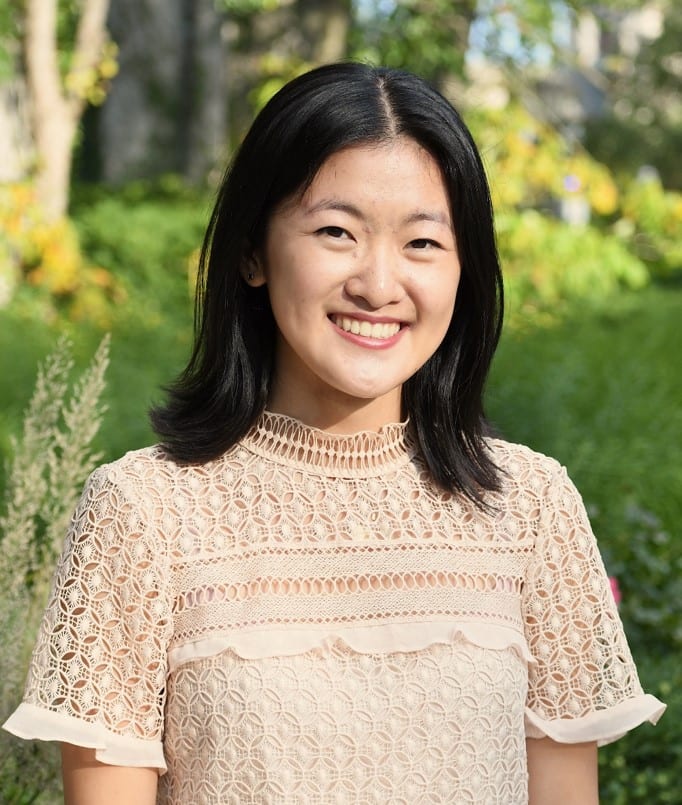
Jessica Xia
Undergraduate student
Jessica is a second-year undergraduate student at the University of Chicago pursuing a double major in Neuroscience and Computer Science. She is working with Hemraj as a research assistant studying the influence of the gut-brain axis on Alzheimer’s Disease. Outside of the lab, Jessica enjoys drawing, long runs, and is involved in The Chicago Maroon, The Triple Helix science journals, and Make Chicago Smile.

Yajun Cao
Research specialist
cyjsable@gmail.com
Yajun
